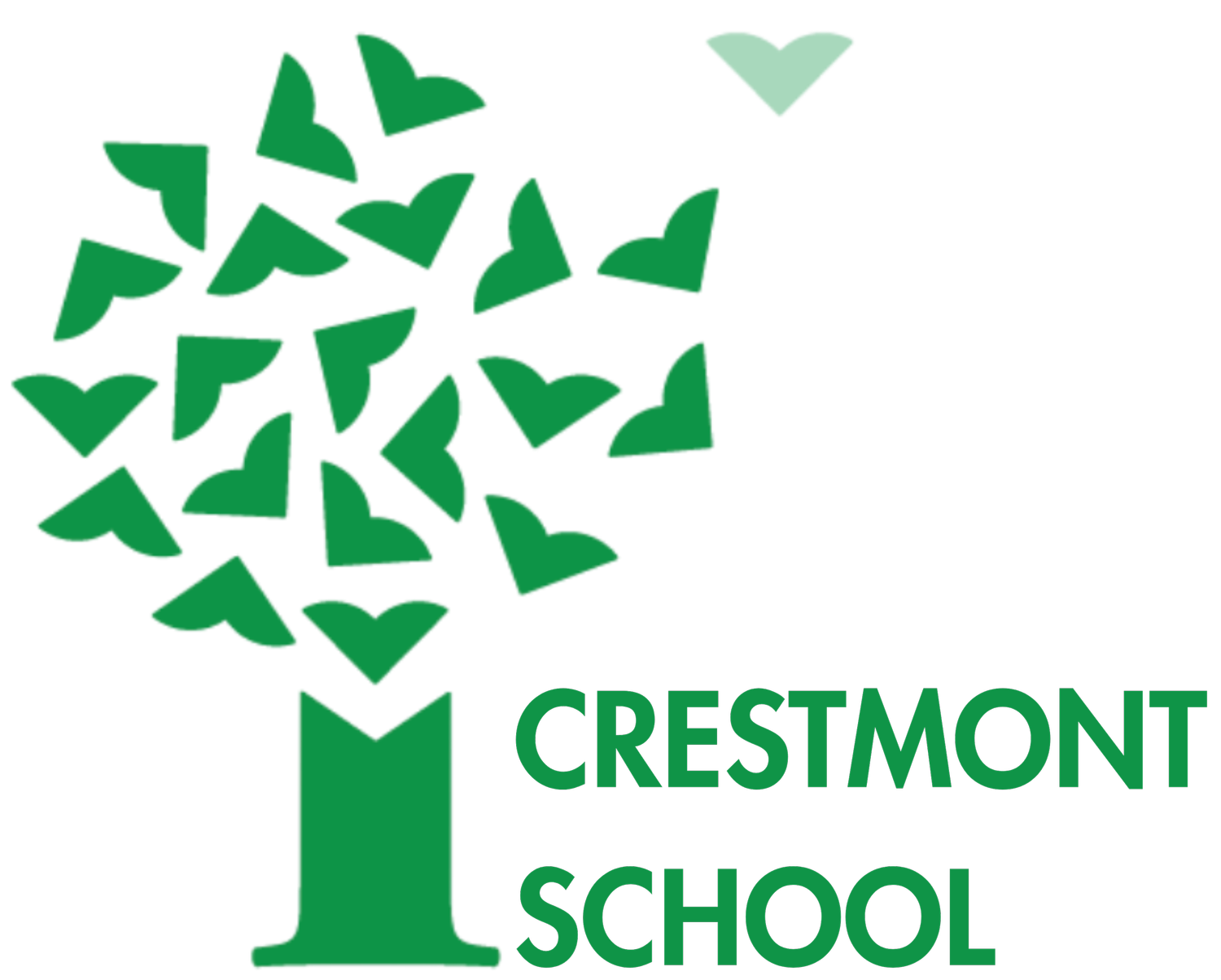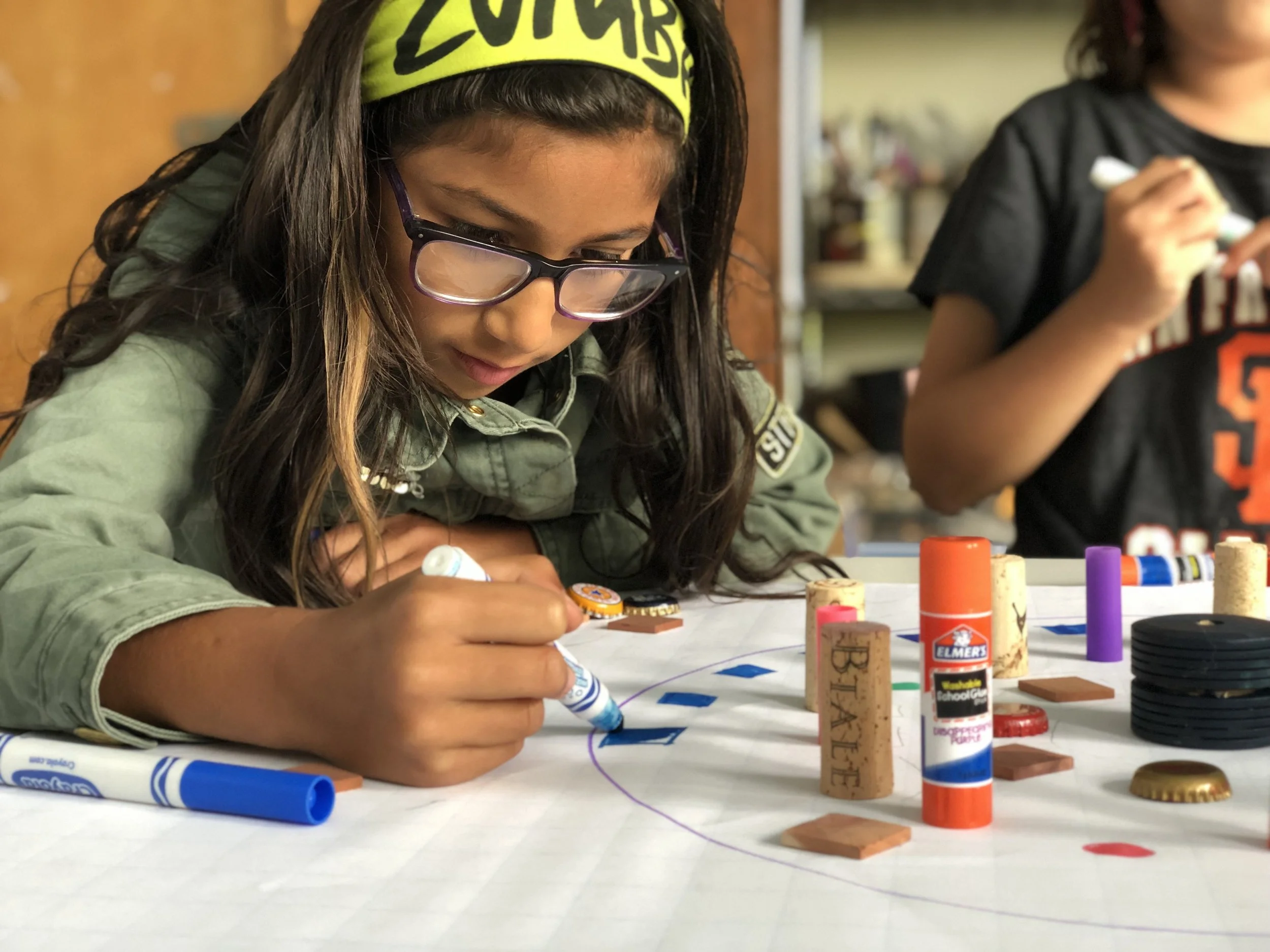Elementary Program
Our elementary program is built on a foundation of progressive educational principles, research-based methods and skills that foster community and connection.
All elementary classrooms feature:
Low student-to-teacher ratios
Project-based and hands-on learning
Integrated thematic instruction
Relevant and meaningful tasks that are challenging
Curriculum differentiation that supports different learning styles
Ongoing assessment and emergent curriculum
-
"My daughter spent one day at the school for orientation and said, 'This is the place for me mommy, I feel at home here.'"
Crestmont Family Survey
-
"Crestmont is an amazing community that helps your child grow into the best version of themselves."
Crestmont Family Survey
Full Day Kindergarten
Kindergarten can be a big transition for families. Prior to the start of the school year, we host a family picnic on campus so our teacher can make a personal connection with each child and their family.
Kindergarten students develop a love for learning and school, while also continuing to relish in their imagination and play.
-
The Willows’ math experience is playful and play based. Through games and explorations, they learn to sort and compare, count and use numbers.
-
Kindergarten students learn literacy skills in centers that grow their listening, writing and reading skills. They become storytellers, both orally and in writing.
-
They learn the importance of listening to their peers and their teachers, while also gaining confidence and skills to assert their needs, communicate their ideas and forge lasting friendships.
-
They also experience morning dance parties, regular time to explore outdoors, “choosing time” that incorporates play-based activities, and even put on their own play at the end of the year – all while learning new skills and building their social-emotional toolset.
Elementary Grades
Crestmont’s creative and emergent elementary curriculum takes many forms.
Learning phonics and sight words by engaging in a “reading skills obstacle course.”
Working with local environmental justice nonprofit Urban Tilth to grow produce for low-cost Community-Supported Agriculture boxes.
Applying math skills in area and perimeter by drafting blueprints for a house.
Developing writing and rhetorical skills by writing to organizations advocating for farmworker’s rights.
Designing a way to survive on another planet.
Creating stop motion videos for a unit about paleontology.



